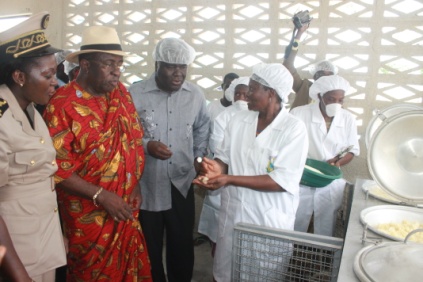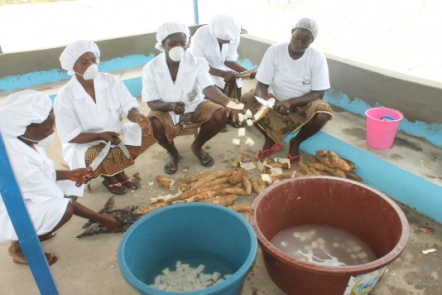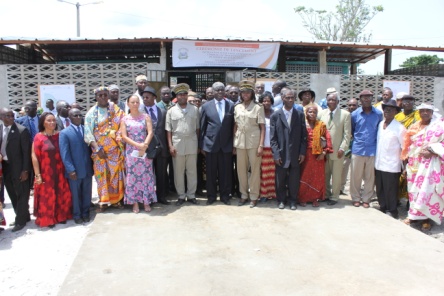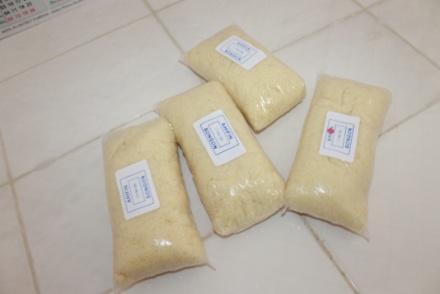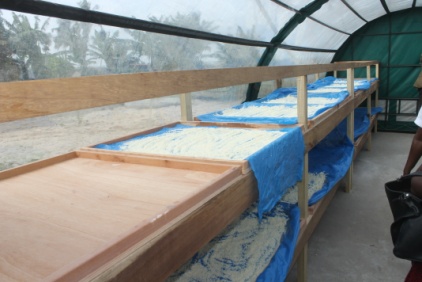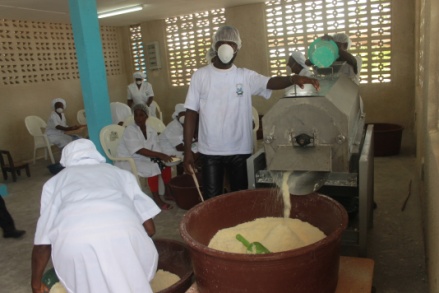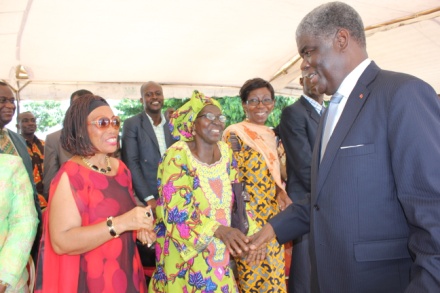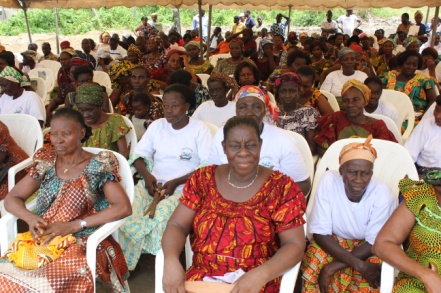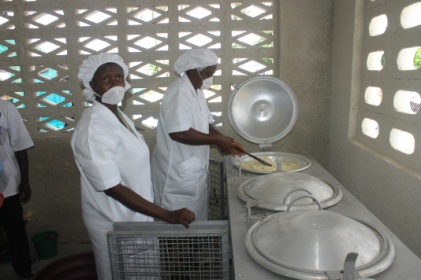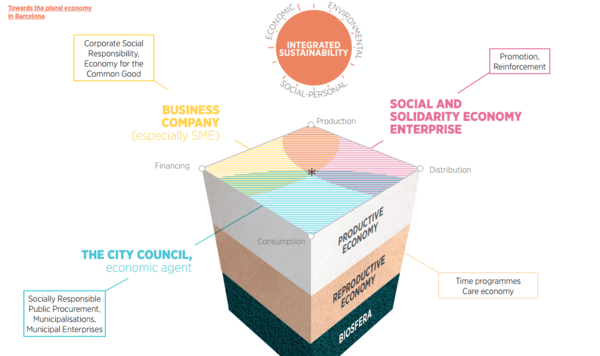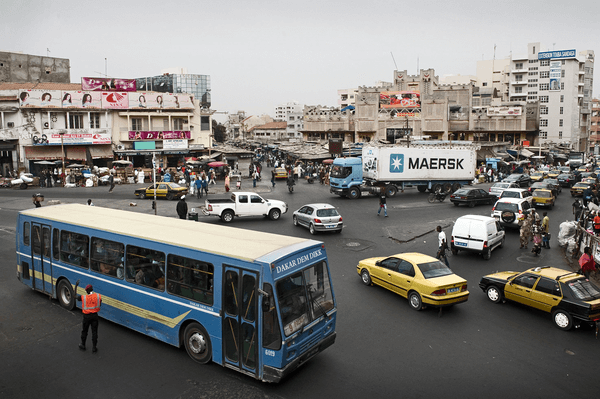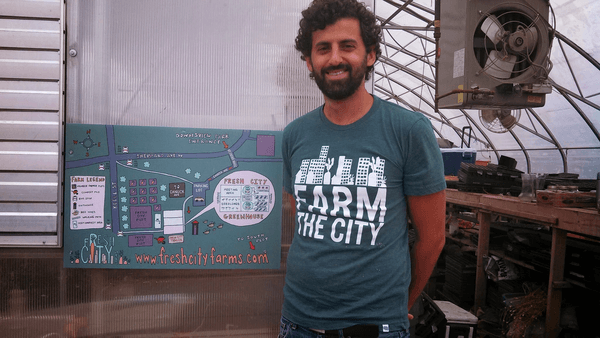City
Abidjan
Main actors
Local Government, City Government, Private Sector, Community / Citizen Group, other
Project area
Neighborhood or district
Duration
2013 - 2014
A pilot project to improve the living conditions of women and young people in the District of Abidjan
Many school dropouts and unemployed young people (men and women) constitute a considerable swathe of village populations in the District of Abidjan. In light of this situation, the District Governor of Abidjan has been requested by District Councillors and members of the Metropolis Women International Network’s Abidjan Antenna to implement several projects to generate wealth and employment for women and young people. One of them is “The Modern Cassava Processing Unit”, a pilot project implemented in the Songon Kassemblé.
The objectives of the project are:
- to improve the living conditions of vulnerable groups (young people and women)
- to alleviate poverty and unemployment in the District of Abidjan
- to fight against food insecurity
The project includes the construction of new infrastructures to modernize the production of attiéké. Attiéké is a side dish made from cassava, an important source of food in West African countries.
Thanks to the new processing unit, the production of attiéké has increased tenfold : 1000 kg attiéké a day can be produced at 15 hours of work. Moreover, this project has fostered economic development and improved social inclusion of women and young people in the village.
Success factors of the project include:
- the introduction of new techniques
- the organization of training sessions for women, technicians and managers
- the on-going evaluation and monitoring of the project
Moreover, stakeholders of the initiative - the District Council, the ANADER (National Agency for Rural Development Support), women from the Autonomous District of Abidjan, and organizations from the private sector - worked hand-in-hand to implement the project.
The overall project costs amount to USD 4 million, entirely financed by the District of Abidjan.
Metropolis Award
This project was awarded the 'Metropolis Award' in 2014 in the following category: 3rd Prize.
External links / documents
On Map
The Map will be displayed after accepting cookie policy
